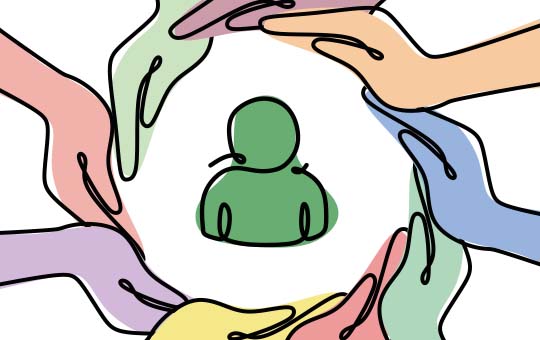This course allows learners to understand what Neurodiversity is, the different types of neurodiversity and ways of working and supporting people who are neurodiverse (and potentially undiagnosed). This full interactive masterclass will support all learners to broaden their knowledge in this area so that you are better equipped to meet the needs of neurodiverse service users.
This course opens up thinking about what neurodiversity is and how lots of neurodiverse people can be affected. In particular, when these neurodiverse people are accessing health and social care provisions. It incorporates the Equality Act 2010 and the need for reasonable adjustments. It also incorporates various health and social care legislation and codes of practice. Autism is part of neurodiversity, so the Autism Act 2009 is an integral part to be understood.
An important part of the course is the aspect of “sensory issues,” people who are neurodiverse might face and how to support them (in particular, environmental aspects)
Key learning objectives:
This masterclass will enable you to:
Understand what neurodiversity is
Be clear on the different types of neurodiversity – main symptoms and ways of supporting
Understand the legal aspects of neurodiversity
Define disability
Make reasonable adjustments where needed
Explore common issues and support mechanisms
Understand different sensory issues and how you can support them
Develop potential communication tools
Who should attend? Those who support people with diagnosed neurodiverse conditions. Those at senior level who require exploring their provision for neurodiverse people.
Facilitator: Over 35 years’ experience within health, social care, and education settings in various roles, ranging from care work through to senior management levels. Mark originally trained in secondary teaching (B.A. Honours, including Dip. HE and Cert. Ed.). His career has included positions within both adult and children’s services (fostering and residential, also parenting assessments). Within adult services, these have included epilepsy, learning disabilities, behaviour that challenges, mental health, forensic mental health, Autism (and other neurodiverse conditions), teaching and assessing adults in secure services, elderly including care and nursing homes, including dementia. Mark has been involved in the writing and delivery of courses in excess of one hundred for over 20 years. This includes comprehensive training needs analysis. Mark also delivers consultancy services. Mark has the diagnosis of Autism and ADHD (also three diagnosed mental health conditions)




